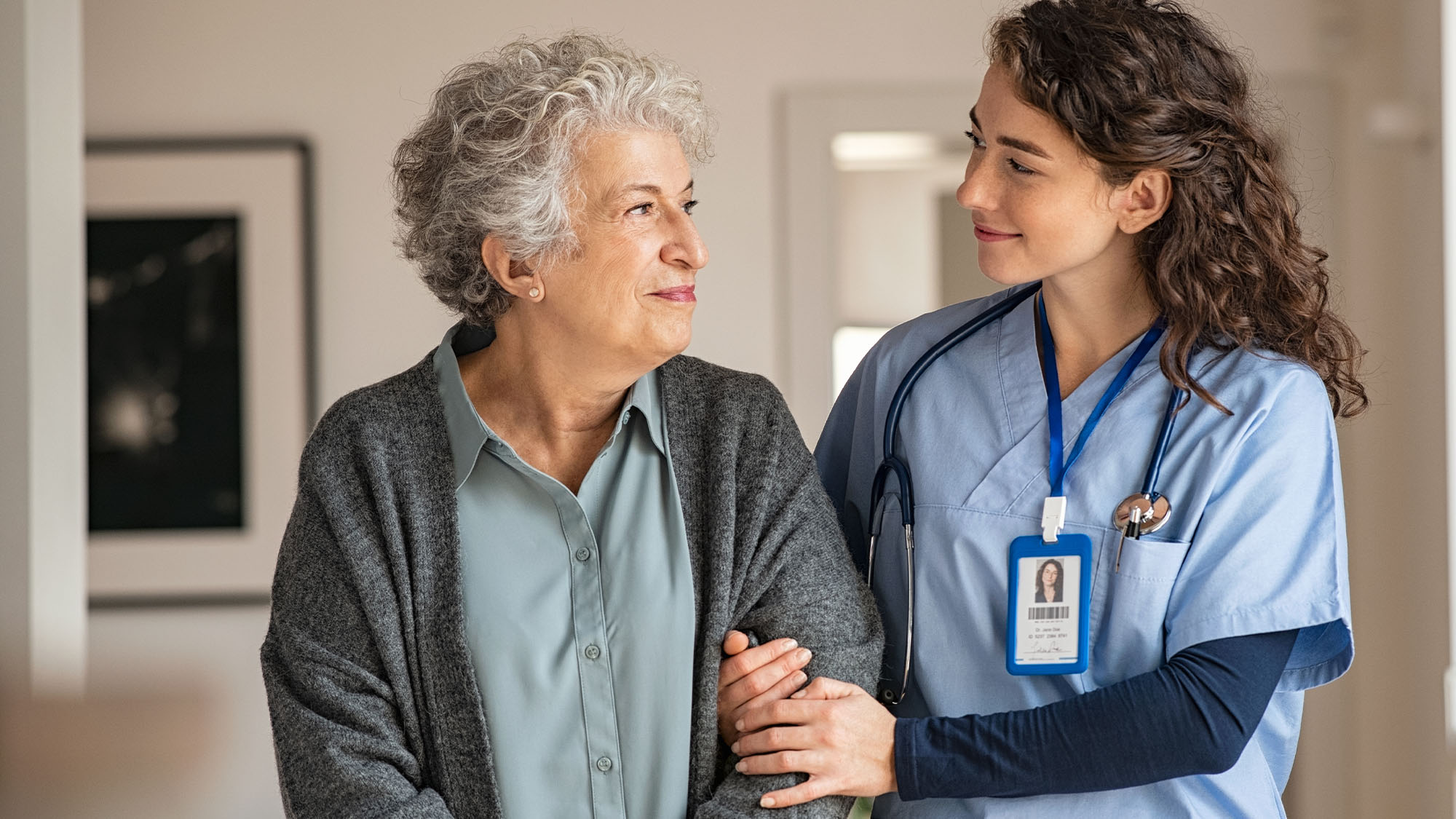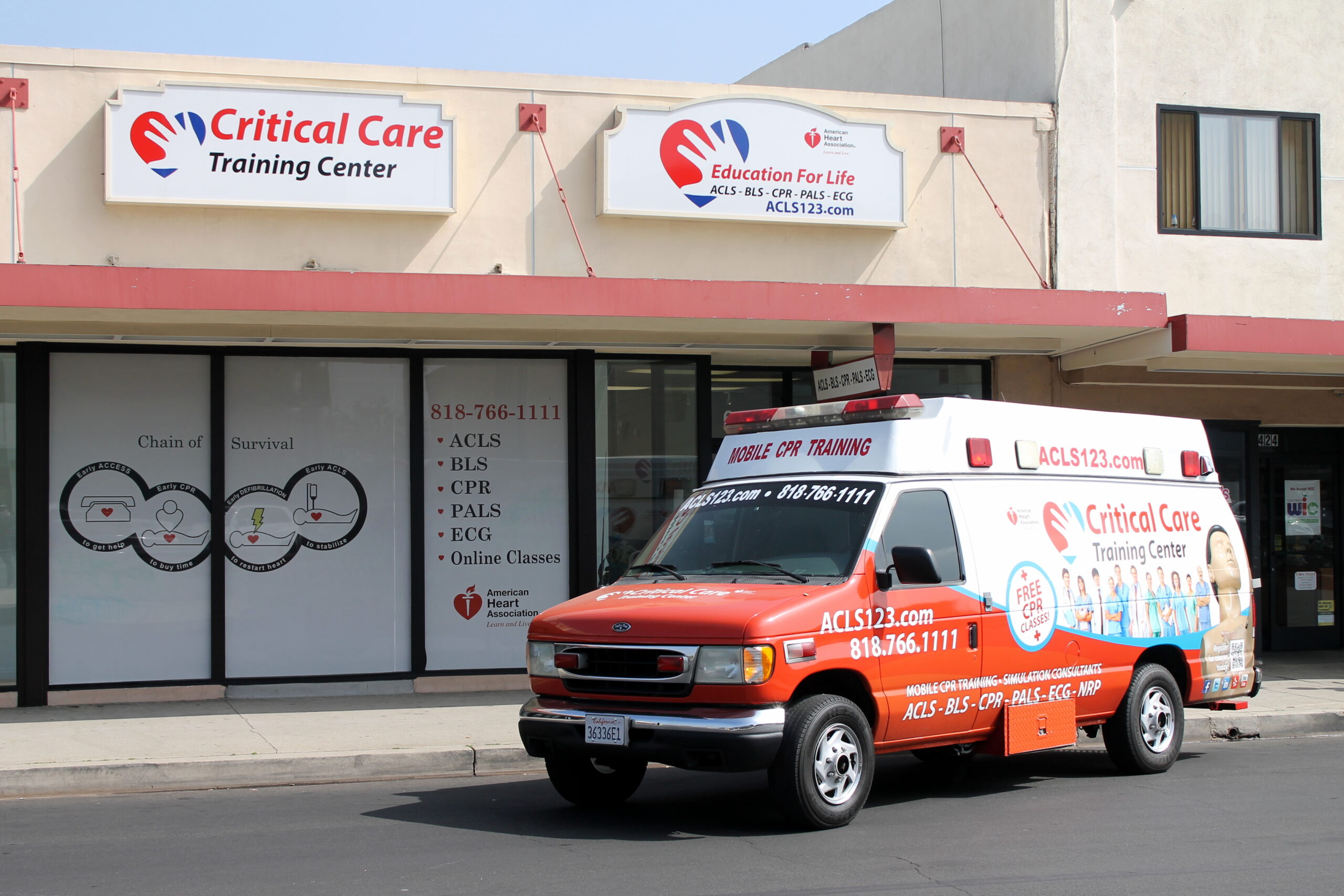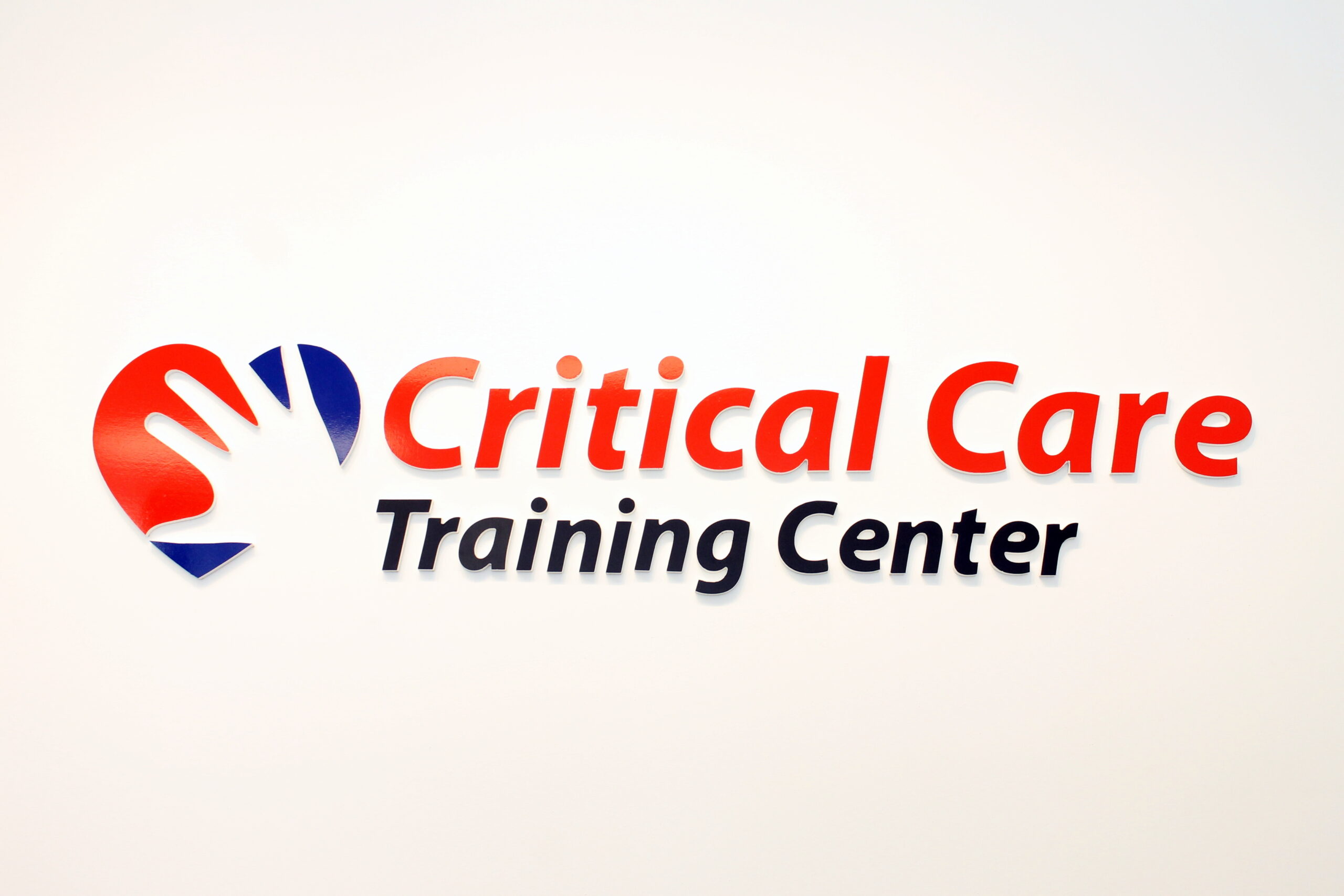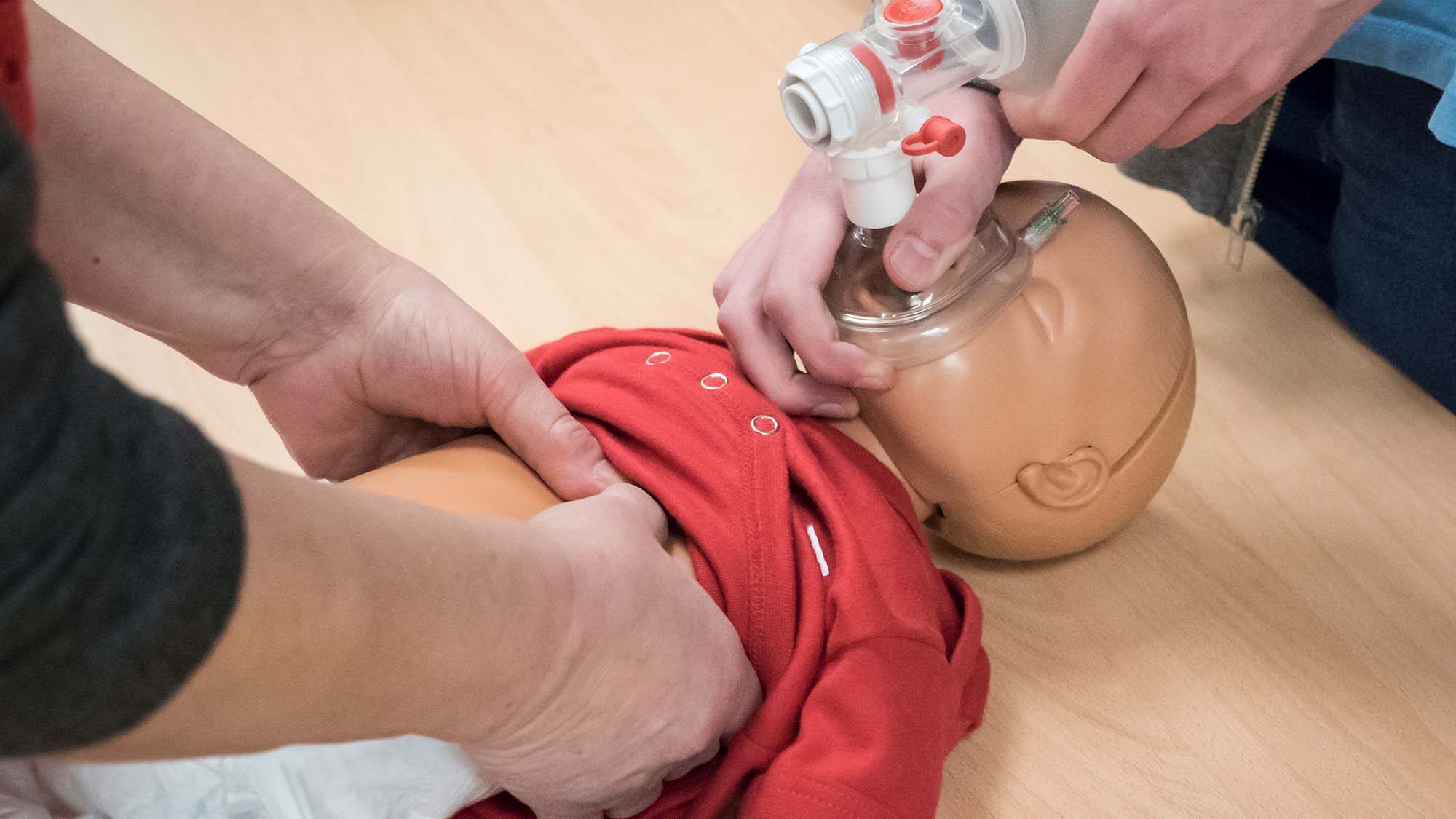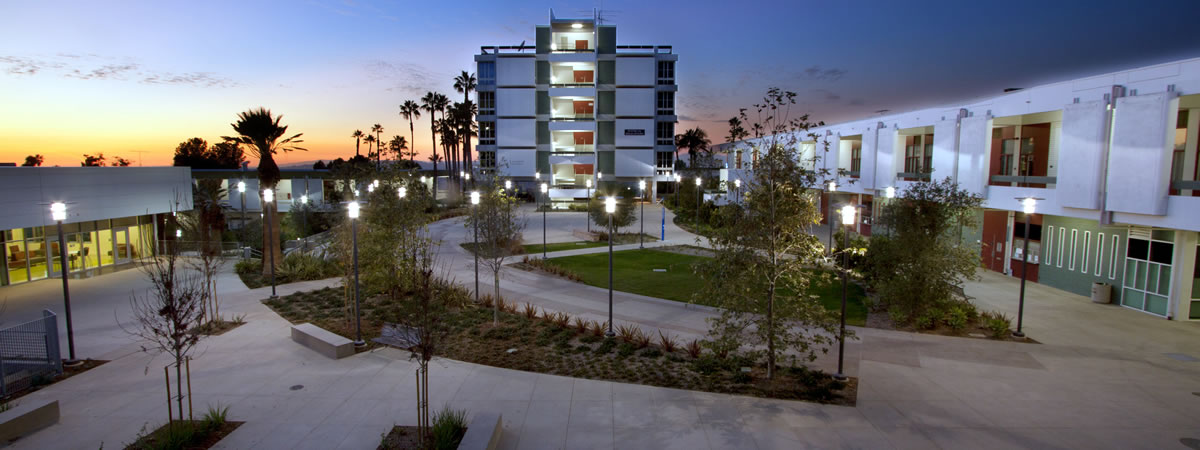Essay by: ISP096
A parent who pulls her drowning child out of the pool. The grandson of an elderly person who collapses in the car. A woman out for a stroll who encounters a person alone and in a health crisis. It is extremely important for non-health care professionals to know cardiopulmonary resuscitation, because the need for CPR is not limited to health-care settings. Response time is of the utmost importance when a person is not breathing or when the heart stops. Cardiac or pulmonary arrest can happen anywhere and at any time, and only those who are trained to help are able to make an effective difference.
When I was in my early 20s, one of the defining moments in my journey to become a nurse was in New York City. There was a man lying on the sidewalk on a busy street. I was not CPR certified at the time, but I was one of the only people that stopped to help him. Luckily he had just fallen down and hit his head, and was not in need of CPR. What struck me was that hardly anyone stopped, and of those that did, so many were standing around looking bewildered and helpless. They did not know how to help him. After checking to make sure he was breathing, I grabbed his glasses, which had been knocked off his head, spent a few minutes with him, helped him stand up, ensured that he was okay, and went on my way.
This was one of the moments that led me to choose a career in nursing – I realized that I had the desire to help those who were hurt, and I wanted the training to feel empowered to do so. Every BLS recertification course I take solidifies both the muscle memory of CPR and the knowledge of the correct process. I recently took my BLS recertification course at the Critical Care Training Center in North Hollywood. It was an excellent class, and I left with renewed confidence in my abilities to be helpful in a crisis. I was struck that not only are we learning CPR, but we are also learning to respond – to be the person who jumps in and is able to try to help someone in a life-threatening situation, and who has the confidence and knowledge to make a difference. The more people who are CPR certified, the more people who will have that confidence and knowledge.
There is not much we can do to control the world around us, but learning cardiopulmonary resuscitation is a relatively simple thing that anyone can do to feel safer and more in control. Additionally, if we as a society make learning CPR a priority, our public spaces will be more likely to have someone available with knowledge of response and resuscitation. This will benefit all of us – the parent, her drowning child, the grandson, his beloved grandpa, the young 20-something girl walking down the street in New York, and the stranger she hopes to help. The more people that know how to properly administer CPR, the more people that will feel empowered to help save a life.


